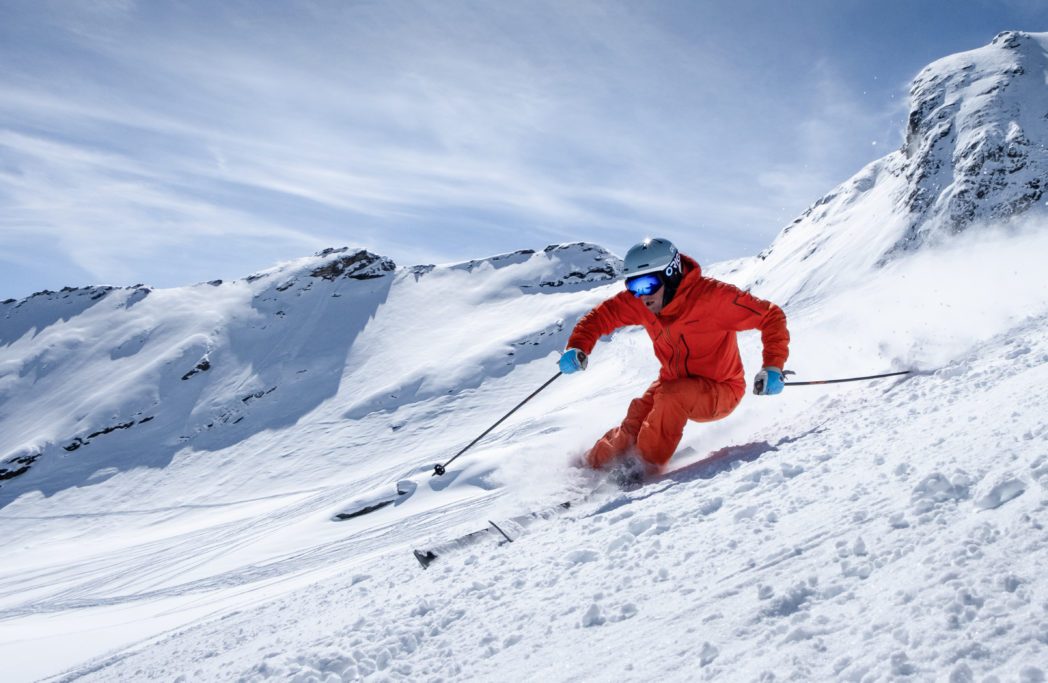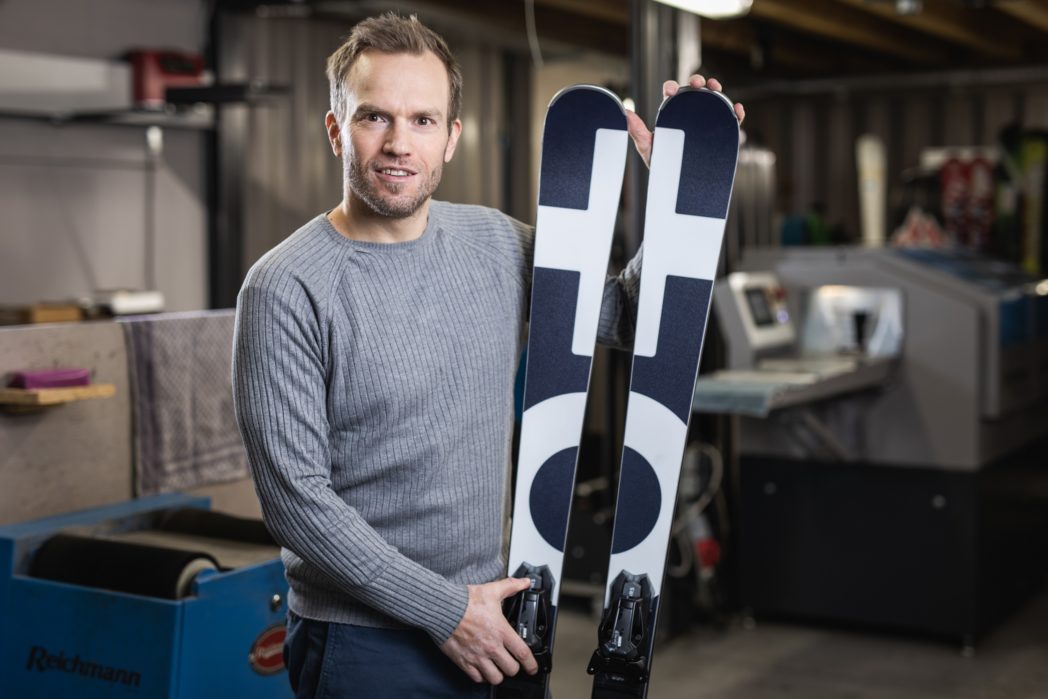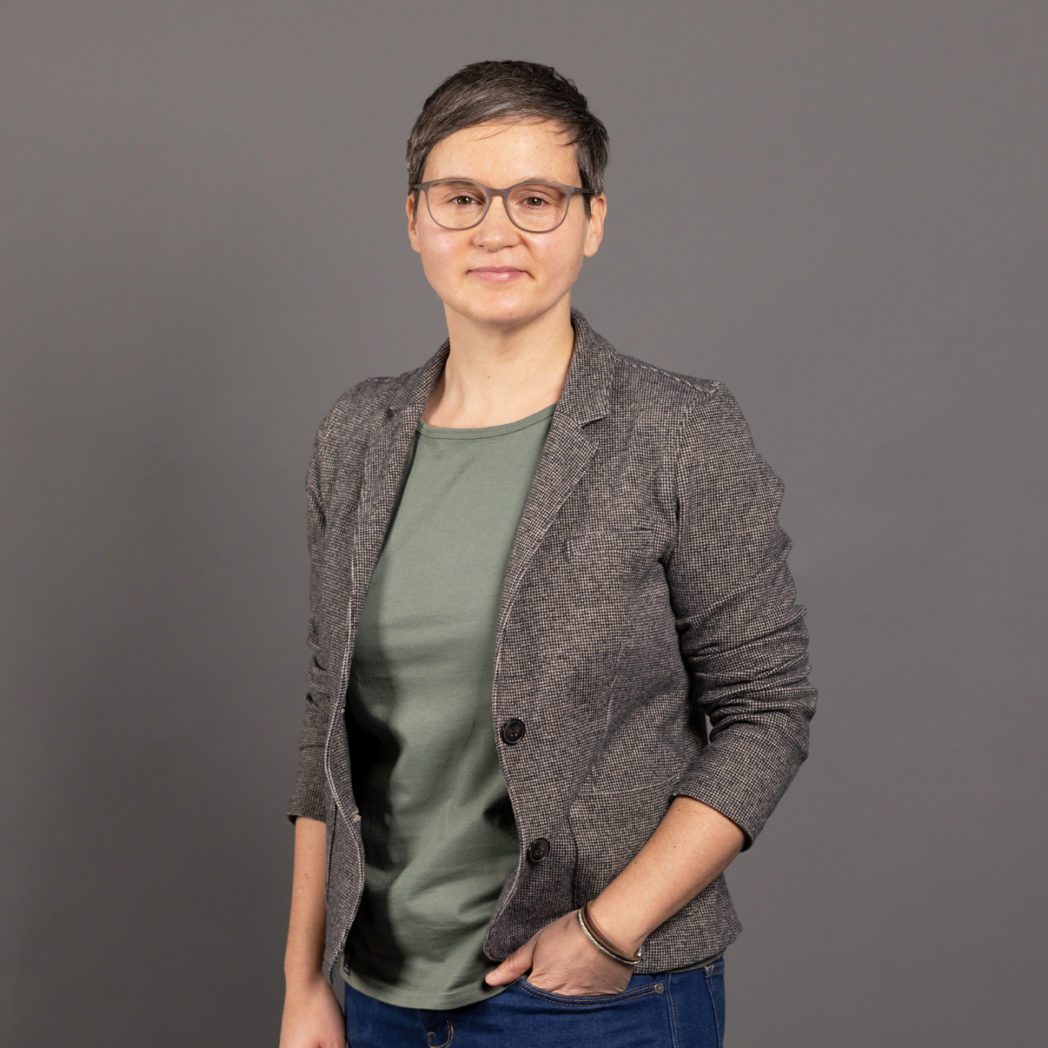
Artificial intelligence can help make us better skiers by constructing the perfect ski for us. How does it work? By constructing the perfect ski for us.
That’s exactly what the Salzburg-based ski company ORIGINAL+ has made its business model. “Marcel Hirscher found the perfect setup for himself through intensive ski testing, and thus the ski that best suits him. Of course, this intensive ski testing is not possible in the mass market,” says ORIGINAL+ CEO Siegfried Rumpfhuber (pictured). He is a former FIS racer and has been active in the ski business for many years. In 2018, he founded his ski company to bring custom skis to the mass market.

Four parameters for the perfect ski
What does ski setup and custom ski mean? It’s about building a ski that fits the body type, skill level, and skiing style of the skier. Consultations with sports retailers can determine these basic data, but they have their limits when it comes to finding the right ski model from the mass of ski models for the customer.
At ORIGINAL+, the AI configurator “ORIGO” replaces the consultation in the store. To determine the perfect ski for them, customers can enter their data directly into the ORIGINAL+ website’s configurator. The data requested ranges from height and weight to preferred skiing style and terrain, skill level, frequency of use, and preferred ski region (the snow in Europe is different from that in North America or Asia).
ORIGO calculates the best fitting ski from this data, with 1,800 different variations possible. The ski is customized in length and width, longitudinal flex (bending of the ski through pressure), torsional rigidity (twisting), as well as tuning parameters such as edge angle and base structures. “In my long career, I have learned which changes to the ski are noticeable for the average skier. These are only a few parameters, but they make a difference.”
These components can be influenced by the shape of the wooden core, the type, and different inserts such as fiberglass or carbon. The result is an individually adapted ski that takes into account the customer’s skill level and skiing style.
Automated, digital, and direct
The ski’s quality is in the high-end range, but the price is in the middle segment. This is made possible by the software, which automates the consultation process. Additionally, the Salzburg ski company incurs no storage costs because production only begins after an order is placed. Sales are also only made through direct sales.
ORIGINAL+ feeds the software with constantly updated data, which continually improves its configuration. Data from movement science and feedback from ski testers are incorporated. The advantage of ORIGO is that the software is independent of opinions and ski brands. Staff in sports retail often have their own opinion on which ski model or brand is best. Software objectifies the data and calculates the best result based on the inputted data.
With the configurator, ORIGINAL+ has a unique selling point in the ski market. The ski industry has flooded the market with more and more models to offer customers the perfect ski. The result is a market with over 1,400 models (without differences in length). In this mass, customers have lost track, and finding the right ski is almost impossible. There are small configurators that only determine basic data and offer little added value.
This might also interest you
6. March 2025
salz21: Necessary Steps for the Future
On March 5, 2025, salz21 | Home of Innovation once again provided a platform for future topics, innovations, and interdisciplinary exchange. More than 1,000 visitors took the opportunity to learn about current developments and discuss perspectives for tomorrow. Three topics were particularly dominant: climate protection, artificial intelligence, and a strong Europe.
25. September 2024
Green Deal: How Sustainable Business Development Can Look
The EU aims to create political and legal frameworks through the Green Deal to transform both the economy and society in a sustainable way. The Pinzgau-based company Design Composite demonstrates how this can be implemented.
15. August 2024
Sunbeam Yachts: Where Craftsmanship Meets Digitalization
Sunbeam Yachts has been building exclusive sailing yachts at Mattsee for generations. The production is done by hand, with some processes now digitally supported.
12. August 2024
SBS: One Software for Many Self-Service Devices
As a leading provider of banking software in Salzburg, SBS is now exploring new markets. The company remains true to its core segment by offering manufacturer-neutral software for self-service devices in additional sectors.
